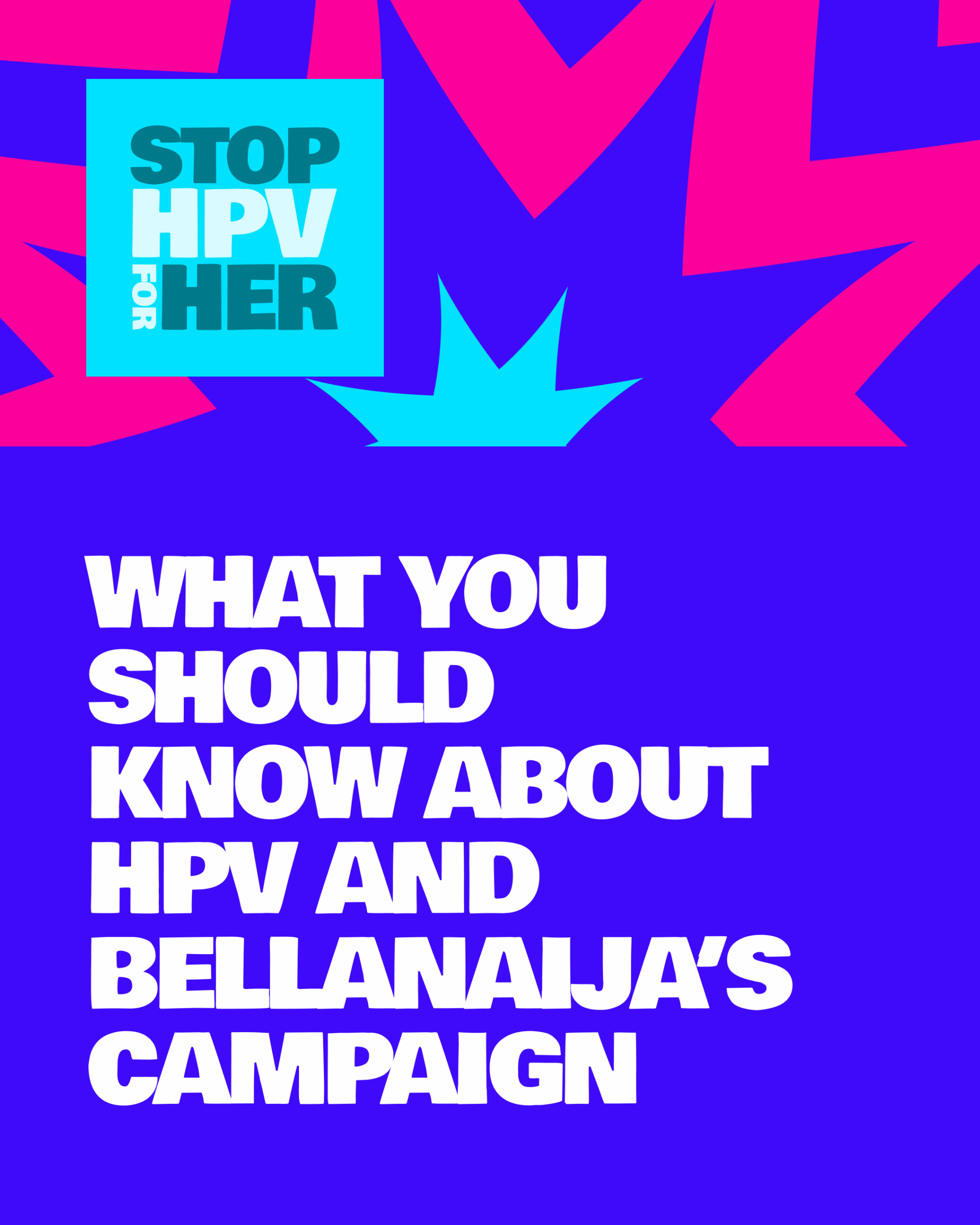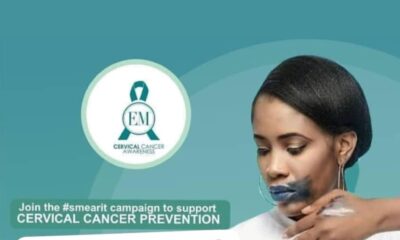Events
Understanding HPV, Cervical Cancer and the BellaNaija #StopHPVForHer Campaign
By leveraging the power of media, entertainment, and storytelling, we want to demystify HPV and cervical cancer, break the silence, and provide people with the knowledge and resources they need to protect themselves.

According to the WHO, cervical cancer is the second most common cancer among women in Nigeria, the second leading cause of cancer deaths among women aged 15 to 44, and the fourth most common cancer amongst women, globally. It is estimated that, in Nigeria, at least 12,000 women get diagnosed with cervical cancer annually. We also rank 7th in the global ranking of cervical cancer cases.
When people hear Human Papillomavirus, many imagine it as a rare or distant illness, one that doesn’t hit close to home. In reality, HPV is one of the most common viral infections in the world, and 95% of cervical cancer cases, globally, are linked to it.
The virus spreads primarily through intimate skin-to-skin contact, and while many types of HPV clear on their own without causing harm, some dangerous strains can linger on the cervix as a chronic infection transform to pre-cancer and then become full-blown cervical cancer. These high-risk types are what health experts warn us about, and they can lead to other cancers such as throat cancer, anal cancer, and even penile cancer.
Here’s the hopeful part: HPV-related cancers are largely preventable. There are vaccines available that target the high-risk strains of the virus, making early protection a game-changer in the fight against this virus, causing cancer.
How does HPV lead to cervical cancer?
Cervical cancer develops in the cervix, the lower part of the uterus that connects to the vagina, and it is almost always caused by persistent HPV infection. Most cervical cancers are associated with human papilloma viruses (HPV), but having HPV does not mean you have cervical cancer. Cervical cancer is both preventable if detected early and is curable.
With timely vaccination, regular screening (such as pap smears and HPV tests), and access to treatment when abnormalities are detected, cervical cancer can be prevented and women’s lives can be saved. In countries where HPV vaccination and screening programmes are widely adopted, the impact has been remarkable. For example, in the United States, there has been a 62% reduction in cervical cancer deaths in just one decade since the HPV vaccine was introduced in 2006.
This is why conversations around HPV matter. The more women know, the more they can act early, and the more families, communities, and futures can be preserved.
For years, BellaNaija has championed and supported impactful health initiatives spanning mental health, breast cancer, PCOS and more. Throughout the month of October, we’ll champion conversations around HPV and cervical cancer through the #StopHPVForHER campaign.
#StopHPVForHER has one urgent purpose: to emphasise the importance of early education, regular screenings and vaccination in preventing HPV and cervical cancer, and to bridge the information gap through expert insights, practical resources on HPV, its prevention, and treatment options, medically reviewed explainers, personal stories, and interactive digital content.
By leveraging the power of media, entertainment, and storytelling, we want to demystify HPV and cervical cancer, break the silence, and provide people with the knowledge and resources they need to protect themselves.
This campaign will cover every step of prevention: from understanding HPV, to the importance of early testing, to accessing vaccination. The fight against HPV and cervical cancer is about safeguarding women’s futures, protecting families, and ensuring that girls today grow up in a world where their health is prioritised.
Follow and join the conversation on all bellanaija platforms using the hashtag: #StopHPVForHer.
***
This post has been reviewed by Sebeccly Cancer Care




















